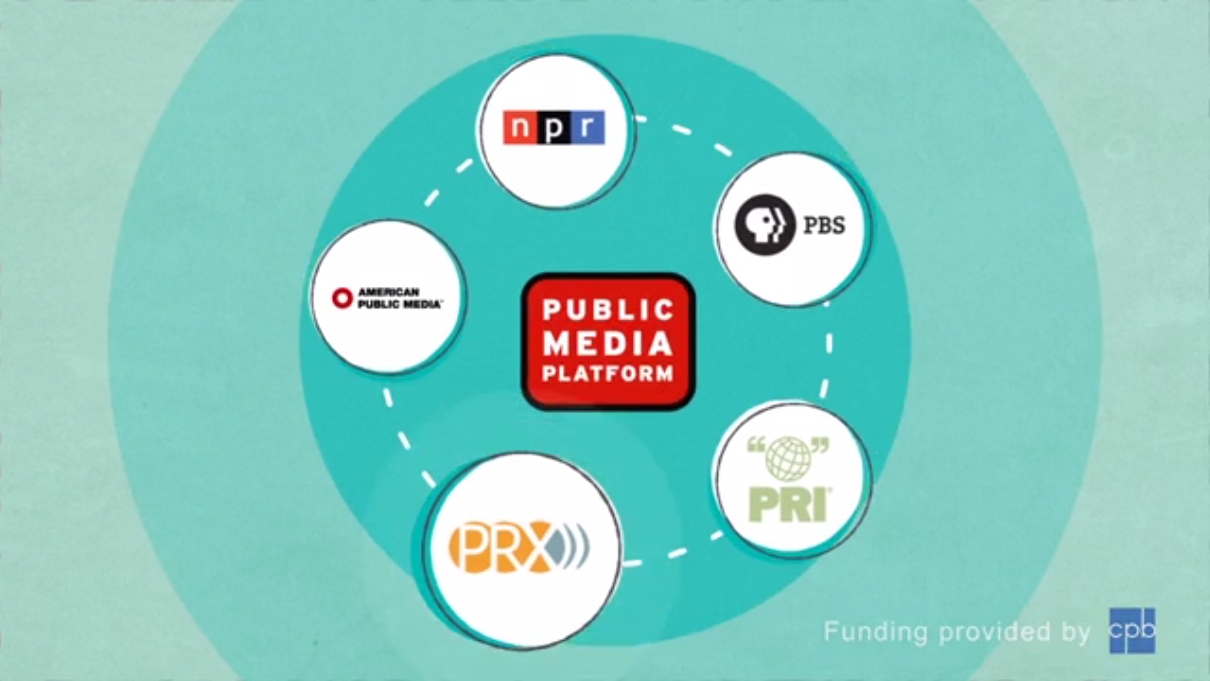Broadcasters fail to secure injunction against Aereo
Startup tech company Aereo Inc. won another legal battle against broadcasters Monday after a federal appeals court upheld an earlier ruling that denied a request for an injunction against the company before trial.
In a pair of lawsuits, broadcasters, including PBS and New York’s WNET, and commercial broadcasters including ABC, CBS and NBC claimed Aereo is violating the U.S. Copyright Act. The broadcasters had asked for an injunction against the company before the cases went to trial.
The U.S. District Court for the Southern District of New York ruled earlier that an injunction would put Aereo out of business and that the broadcasters were likely to prevail.
Aereo charges customers for access to its banks of dime-sized antennas that pull in over-the-air signals, which are then streamed online for watching or recording. The lower court had ruled that this practice is similar to capturing shows on digital video recorders, which the appellate court had previously decided did not violate copyright law. The Second Circuit upheld this decision.
“We conclude that Aereo’s transmissions of unique copies of broadcast television programs created at its users’ requests and transmitted while the programs are still airing on broadcast television are not ‘public performances’ of the Plaintiffs’ copyrighted works under Cablevision,” their decision stated. “As such, Plaintiffs have not demonstrated that they are likely to prevail on the merits on this claim in their copyright infringement action.”
In a strongly worded dissent, however, Judge Denny Chin argued that Aereo’s business plan was designed to thwart copyright laws.
The company’s technology is “a sham,” Chin wrote. “The system employs thousands of individual dime-sized antennas, but there is no technologically sound reason to use a multitude of tiny individual antennas rather than one central antenna; indeed, the system is a Rube Goldberg-like contrivance, over-engineered in an attempt to avoid the reach of the Copyright Act and to take advantage of a perceived loophole in the law.”



